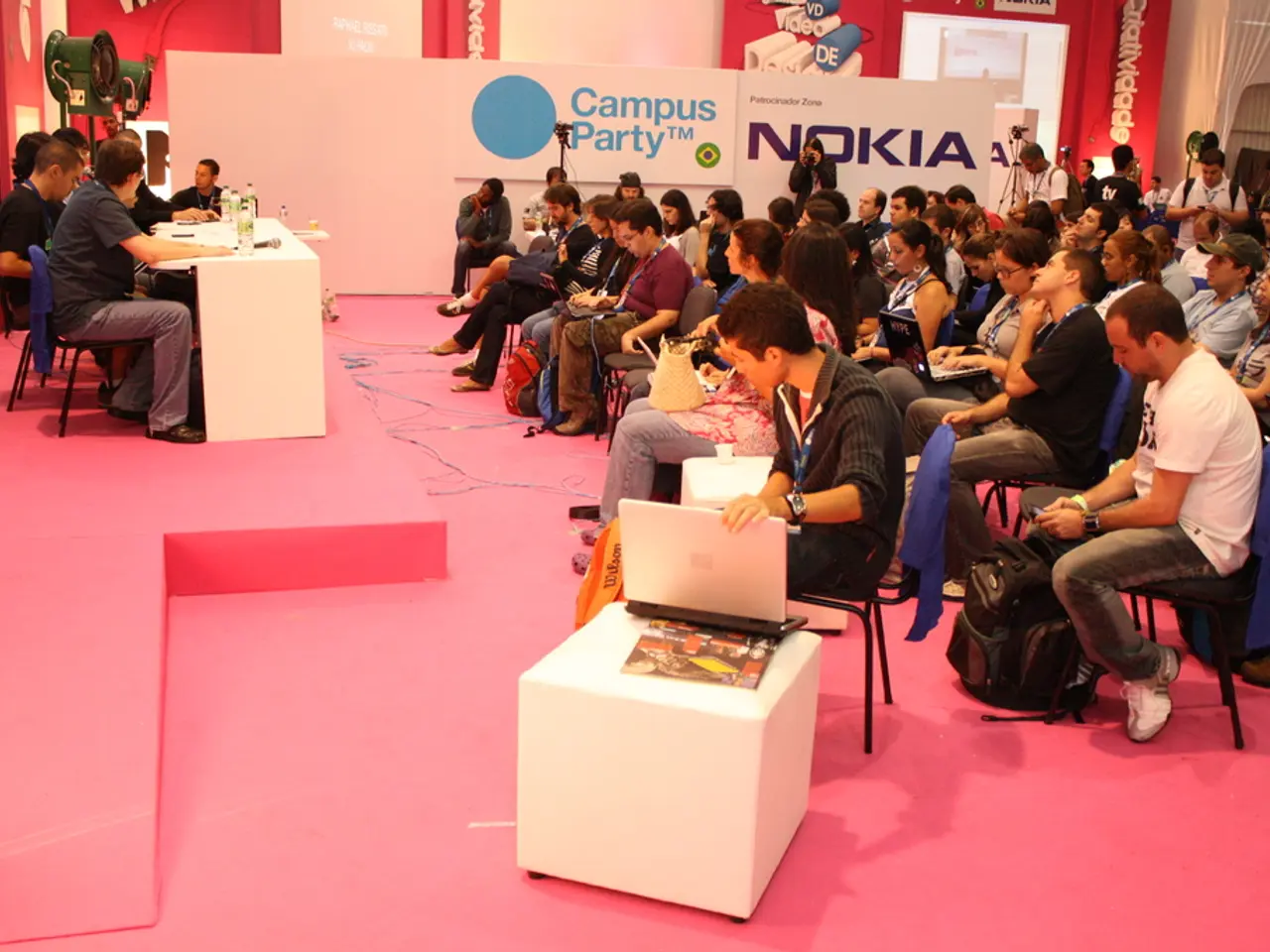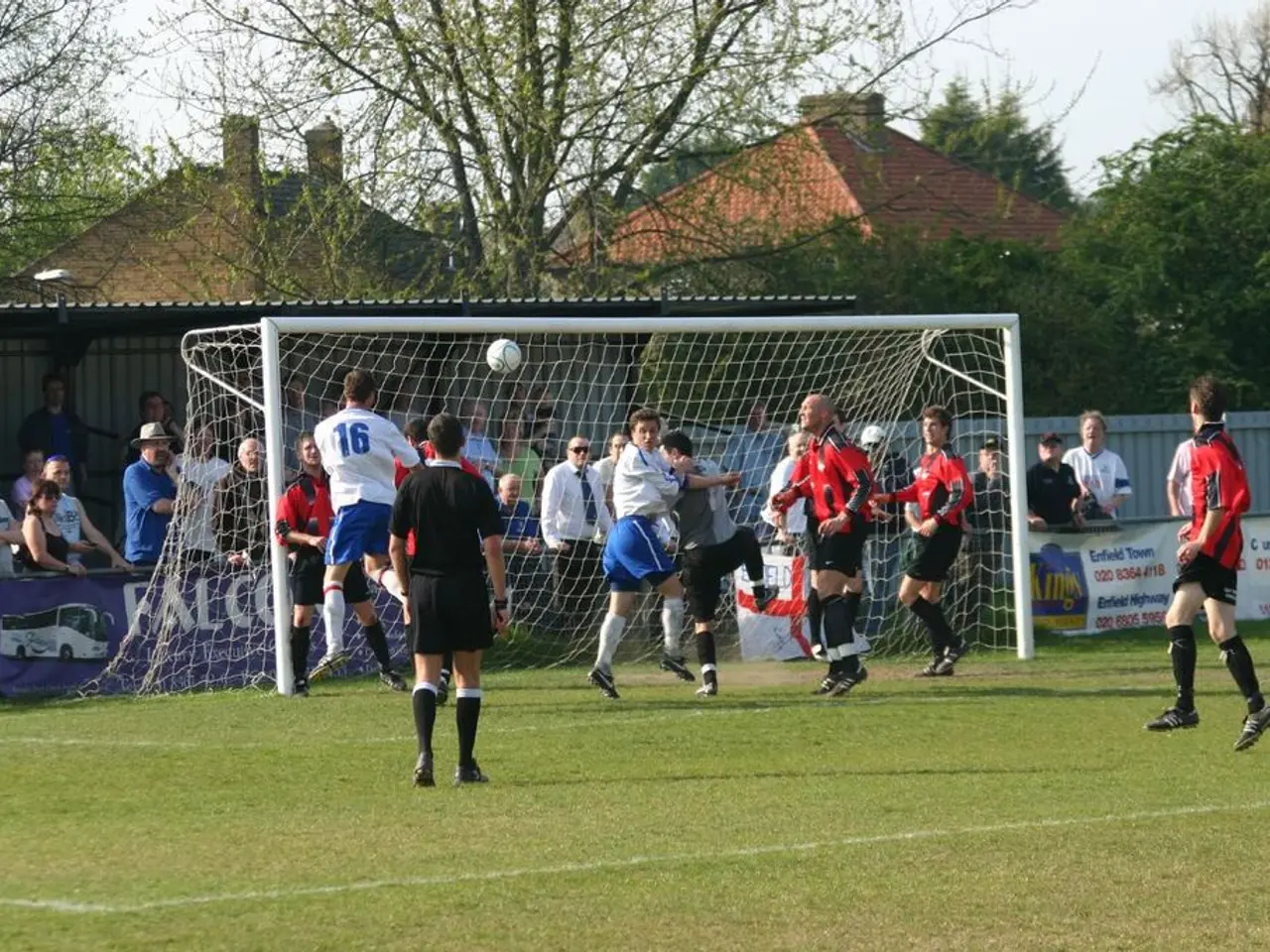Strategic Discussion Points in the AfD's Debate: Insights into their Five Key Triggers
Maximilian Krah has once again stirred the pot within the AfD, this time with his skepticism of the propagandistic term "Remigration." However, this is far from the only contentious issue within the far-right party. Here's a rundown of the five most heated debates tearing the AfD apart:
The AfD and "Remigration"
Party leader Alice Weidel attempted to weaponize the term "Remigration" during the federal election campaign, defining it as "all measures and incentives for a lawful and constitutional return of deportable foreigners to their home countries." Krah, while standing behind this definition, warns of the constitutional problems that may arise due to the party's periphery interpreting the term using an "ethnic people's concept."
Russia and Israel
The AfD's stance toward Russia sanctions and military aid to Ukraine is highly divisive. While Weidel doesn't want to appear overly pro-Moscow, co-chair Tino Chrupalla openly supports Kremlin positions. This divide has led to several public squabbles, such as the incident where Weidel criticized Chrupalla's participation in a Russian embassy reception in 2023.
Military Service and NATO
The question of defense policy fuels another internal dispute. Officially, the party supports conscription, but Chrupalla is an outspoken opponent. This ideological clash is particularly noticeable in the eastern regions, where the possibility of being drafted into a potential Russia-Ukraine conflict is a pressing concern.
Marriage and Abortion
The societal political core of the AfD is riddled with contradictions, perhaps most starkly represented by its leader—a woman living in a lesbian marriage with a Sri Lankan-born partner—leading a strongly conservative and xenophobic party. At the latest party congress in Riesa, Weidel's family model was openly ridiculed on stage. The party's official stance on marriage and abortion remains conservative, though internal disagreements on these issues continue.
Power Strategy
The ultimate goal for the AfD is to gain government power, but the disagreement on how to achieve this has been a constant since the party's inception. Factions within the AfD are divided between those advocating for a "conservative revolution" and those aiming for a "march through the institutions." Each side believes their approach will lead to success in seizing power.
The ever-shifting alliances within the AfD, combined with the unpredictability of characters like Maximilian Krah, ensure the battle for strategic dominance will rage on.
Insights
- The Alternative for Germany (AfD) party is plagued by internal conflicts surrounding their stances on Russia, NATO, immigration, marriage, and abortion.
- The party's opposition to traditional pro-Western and NATO-aligned policies, including increased military support to Ukraine and confrontational strategies toward Russia, sets them apart from mainstream German parties.
- The conservative base of the AfD likely supports traditional marriage and anti-abortion policies, but internal conflicts over these issues are not extensively documented.
- The AfD's struggles to balance hardline nationalist policies with maintaining internal party unity and managing public political pressures are a theme throughout the party's history.
Sources:- ntv.de- [1] Der Spiegel, "Inside the Far-Right AfD: A Party in Turmoil," February 2023.- [2] Deutsche Welle, "What Do AfD's Secret Far-Right Meetings Mean?" March 2023.- [3] Politico, "Germany's Far-Right AfD Party and Its Controversial Position on Ukraine and NATO," April 2023.- [4] The Guardian, "What the AfD Wants for Germany," May 2023.
- The community policy discussions within the Alternative for Germany (AfD) party are deeply entangled with debates over politics and general-news, as evidenced by their internal struggles over foreigner return policies, Russia and Israel relations, defense policy, societal political stances on marriage and abortion, and power strategy.
- Despite the AfD's efforts to gain government power, their employment policies are frequently contested, with disagreements on key issues such as military service and NATO, immigration, and socio-political ideologies adding to the party's ongoing internal chaos and strategic confusion.








